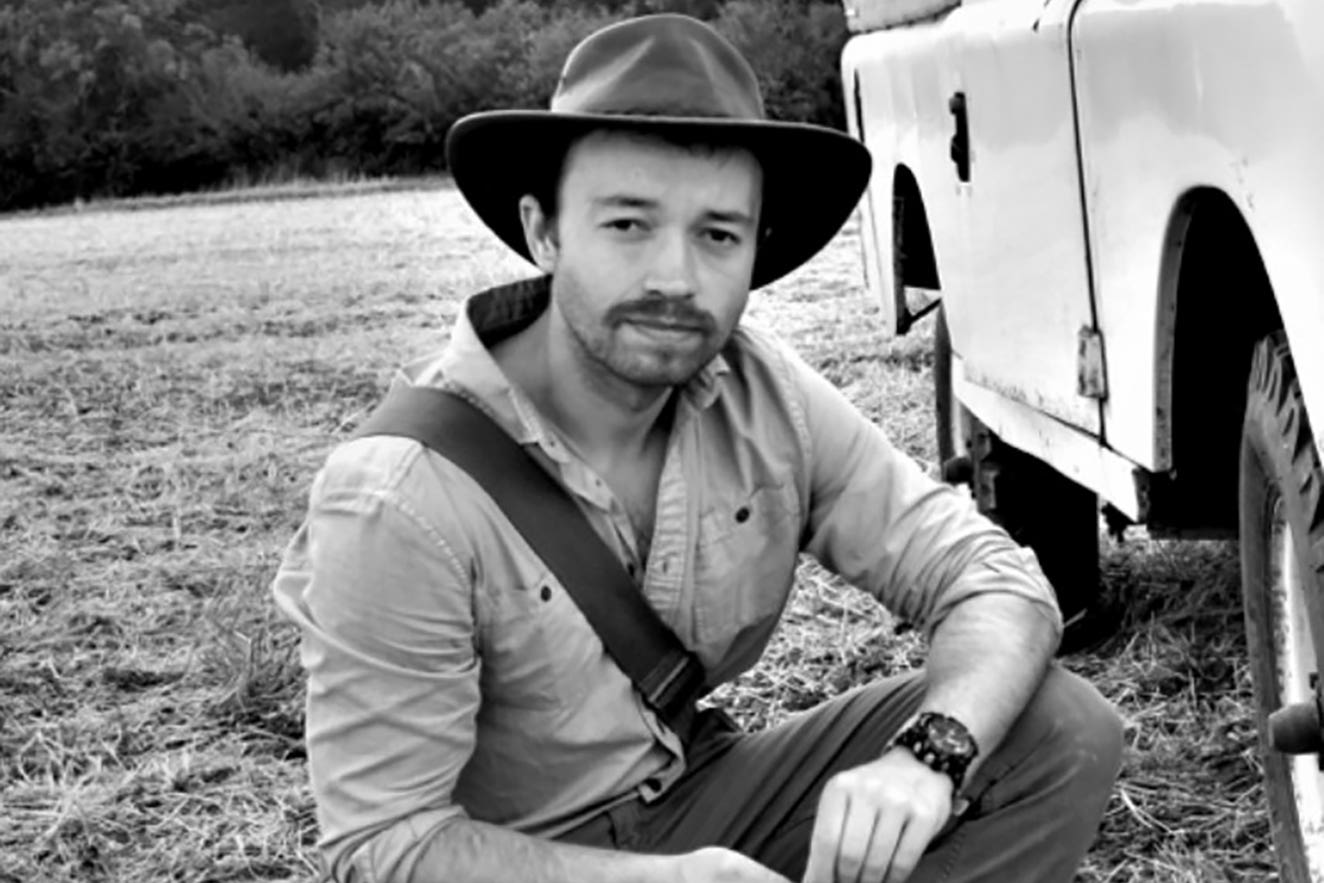Coins discovered by Indiana Jones-inspired metal detectorist fetch £132,000
The collection was found by George Ridgway in a recently harvested barley field in the grounds of Helmingham Hall near Stowmarket, Suffolk, in 2019.

Your support helps us to tell the story
From reproductive rights to climate change to Big Tech, The Independent is on the ground when the story is developing. Whether it's investigating the financials of Elon Musk's pro-Trump PAC or producing our latest documentary, 'The A Word', which shines a light on the American women fighting for reproductive rights, we know how important it is to parse out the facts from the messaging.
At such a critical moment in US history, we need reporters on the ground. Your donation allows us to keep sending journalists to speak to both sides of the story.
The Independent is trusted by Americans across the entire political spectrum. And unlike many other quality news outlets, we choose not to lock Americans out of our reporting and analysis with paywalls. We believe quality journalism should be available to everyone, paid for by those who can afford it.
Your support makes all the difference.A hoard of coins that was unearthed by a metal detectorist who was inspired by Indiana Jones has been sold at auction for £132,865.
The collection, found by George Ridgway in a recently harvested barley field in the grounds of Helmingham Hall near Stowmarket, Suffolk, exceeded its pre-sale estimate of £75,000.
The 34-year-old, who works for the family butcher business, made his discovery in 2019 and said following the auction that he was delighted.
Mr Ridgway had called his father to guard the site until the arrival of an archaeological team when he realised the scale of the discovery.
The collection of 748 gold and silver coins is estimated to date from as early as 206 BC through to the Roman emperor Claudius in 46/47 AD.
Mr Ridgway previously said: “I was inspired by my childhood hero Indiana Jones to start history hunting when I was four years old, and I dreamed of finding a Roman hoard since my grandmother bought me a metal detector for my 12th birthday.
“It was an awe-inspiring moment when I realised that I had found one.”
The proceeds from the hoard are being split between the landowner and Mr Ridgway.
When asked what he would like to do with the proceeds, the detectorist said: “Firstly, I would like to buy my dad a pint.”
More than 680 of the coins were sold at auction by Noonans Mayfair in London on Wednesday, less 63 of them that were claimed by museums for their collections.
Their hammer price was £132,865.
Alice Cullen, coin specialist at Noonans, said: “We are very pleased with the result of today’s sale.
“This is one of the largest hoards containing both Iron Age coins and Roman coins found in Britain, with the latest coins of Claudius and those of Cunobelin in virtually as struck condition.
“The location of the hoard together with the date range suggests the coins may have been buried by a long-serving Legionary soldier from the XX Legion, who were stationed at nearby Colchester.
“In 47 AD the East Anglian Iceni tribe rebelled after the Roman governor Ostorius ordered them to disarm, resulting in a fierce battle that was likely held at Stonea Camp in Cambridgeshire, which the Romans won.
“Is it possible our hoard was concealed by a victim at this conflict?”
Mr Ridgway, who lives at Ashbocking – a few miles from the hall – said he had decided to investigate an “unusual crop mark” in the field with his Garrett AT Pro metal detector.
He said he knew that a Roman road ran close to the field and was hoping the two might be related, and “couldn’t believe” what he found.